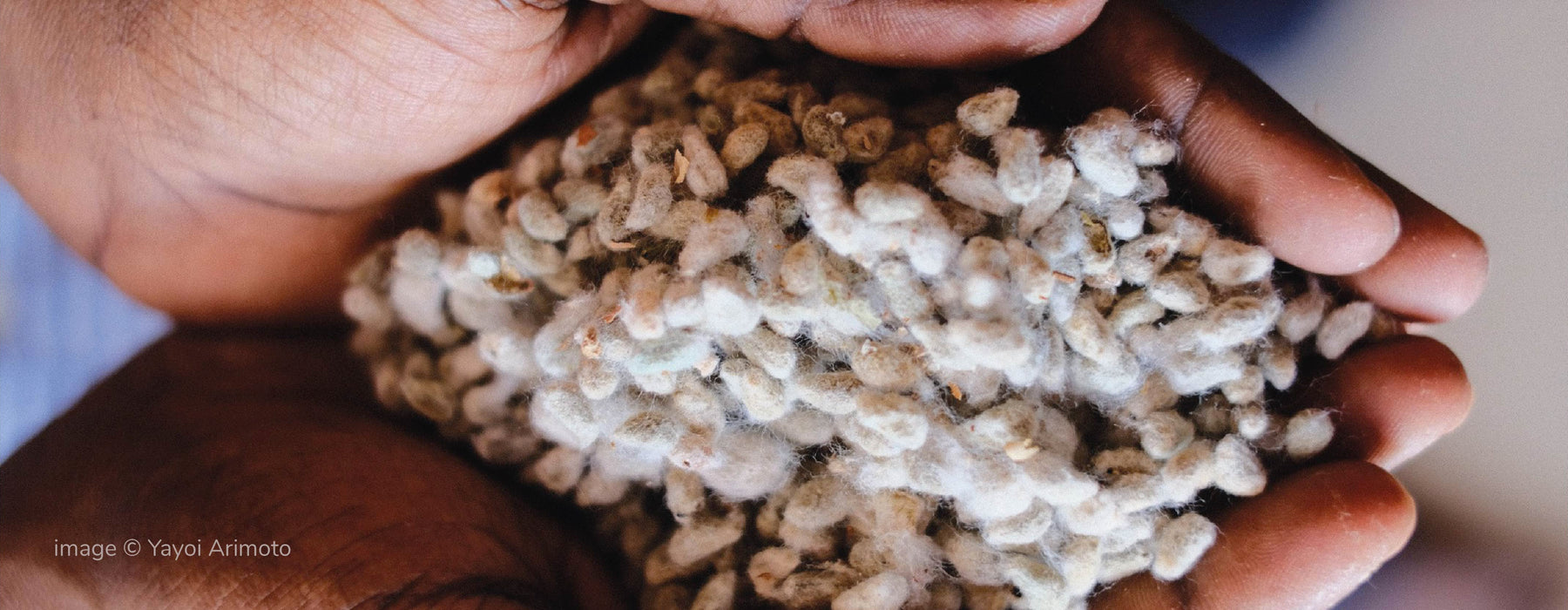
What You Get is More Than What You See
Whilst buying a product, some people feel short-changed, others like the idea of getting what they see, but have you ever wondered how you could get more than what you see?
The word itself has Arabic roots…
It traces its origin to India and Pakistan…
Firdaus first mentioned it in his epic poem, Shahnamah…
It thrived as a cultivated crop under the Han dynasty in China…
Fragments of it were found, dating back to the Indus Valley civilization…
East India Company chanced upon it, transporting it to Britain along with aromatic spices...
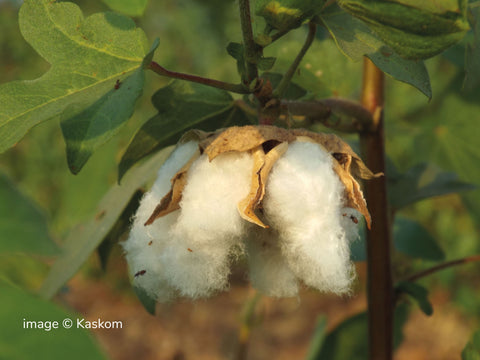
Yes, we are talking of the soft and fluffy bolls of cotton wool (quotn in Arabic). The Indian subcontinent was renowned for its cotton, even as the British chose to call it calico and chintz, introducing Britain to a wispy tropical fabric. The two species indigenous to India are G. arboreum and G. herbaceum. Indian artisans wove the finest yarn with this short-staple cotton, high in micronaire value. Early in the 13th century, the Venetian traveller, Marco Polo chronicled “The coast of Coromandel produces the finest and most beautiful cottons.” Industrialization and demand for cotton changed the way it was cultivated as pesticides and chemicals were used to increase yield. Prized and cherished the world over, cotton has remained king.
However, when it comes to getting more than what you see, nothing can beat organic desi cotton!
Initially organic desi cotton may seem more expensive than its relative cousins, but eventually its benefits, longevity, durability and health benefits far outweigh the cost factor. So, whilst making a shopping decision it is wise to make an informed decision. Going for organic desi cotton can be transformative, in terms of connecting you to farmers and making a difference to their lives. Growing organic desi cotton is a responsible way of using farmland and natural water resources. Switching over to organic desi cotton can transform lives and livelihood, the environment and eventually the world.
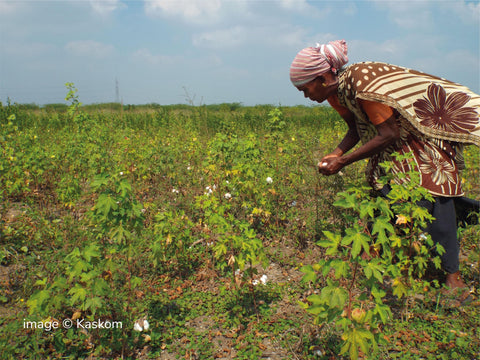
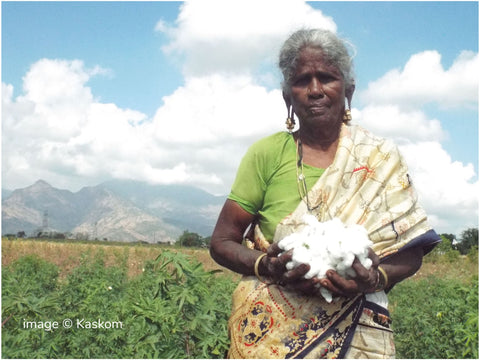
It is the purest form of cotton, produced from plants that have not been genetically modified and which have been cultivated without the use of pesticides, herbicides or fertilizers. No toxic chemicals are used in cultivating organic desi cotton. As is well known, these chemicals, if used over a period of time can well prove to be carcinogenic. Hence organic desi cotton makes for a healthy option. It is sustainable and hypoallergenic. organic desi cotton is eco-friendly, it does not damage or erode the soil, has less impact on air, and uses 88% less water. Cultivating organic desi cotton has also shown potential for reducing global warming.
Soft and pure, organic desi cotton is the ideal choice for babies, offering a widespread range of wraps, clothing, towels, bibs, pillow covers, bedsheets, cotton quilts etc. Babies can inhale chemical residues even as they sleep and their skin absorbs toxic chemicals faster. The natural fibre is gentle on the skin and being free of chemicals, does not cause allergies, dermatitis or rashes. Organic desi cotton always retains its natural state and is antimicrobial and mould resistant. Since the fibres have not been damaged due to chemicals, it makes organic desi cotton superior, allowing it to age gracefully, no matter how many times you wash it!

Karunganni Cotton (G. arboreum indicum) is indigenous to Tamilnadu, thriving in the black soil of rainfed Tirunelveli. Distinguished by its superior fibre, its resilience to drought and pests, it can be easily distinguished by its icy whiteness, Karunganni cotton is spun on the Ambar Charkha at Gandhigram Khadi Trust by rural women, from the comfort of their homes. It is then woven on traditional looms in Kannur, Kerala. Its unique cellulosic structure and lesser twist allows for higher air permeability and absorption, ideal for clothing and towels.
Kaskom is the initiative of V. Swaminathan, to revive this variety of organically grown cotton which dates back to over 5000 years. Kaskom is a farm to fabric effort, producing hand-spun and hand-woven, breathable fabrics. Kaskom works with unbleached and undyed fabrics, creating products closest to nature and mother Earth. Only vegetable or plant-based dyes are used to dye products. Kaskom is a labour of love - love for heritage and nature, priding itself in producing environment-friendly and health-friendly products of uncompromising quality.
Kaskom firmly believes in the dictum that the finest material for towels is organic desi cotton. The organic desi cotton comes directly from the farms and is used to weave absorbent towels, which are unbleached and undyed. These towels echo a breath of freshness and come in pure white. They bloom and soften with every wash, making them durable and long-lasting. With Kaskom towels you need not worry about harsh chemicals or itchy fibres. These sustainable and environment friendly towels definitely offer you far more than meets the eye!
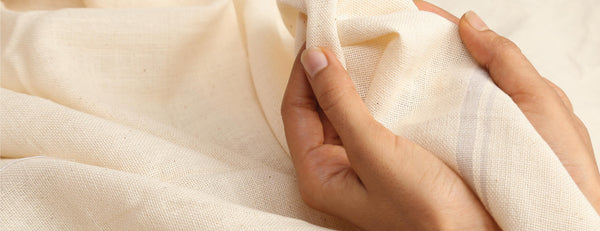
V Swaminathan, Kaskom
https://organiccottonplus.com/
https://www.nourluxury.com/blogs/news/why-organic-cotton-best-for-baby
https://www.thehindu.com/news/cities/Tiruchirapalli/organic-farmers-tap-native-cotton-variety/article20943385.ece
https://timesofindia.indiatimes.com/blogs/tracking-indian-communities/after-pesticide-row-cotton-farmers-push-for-traditional-seeds
https://krishijagran.com/news/kaskom-revival-of-desi-cotton/
